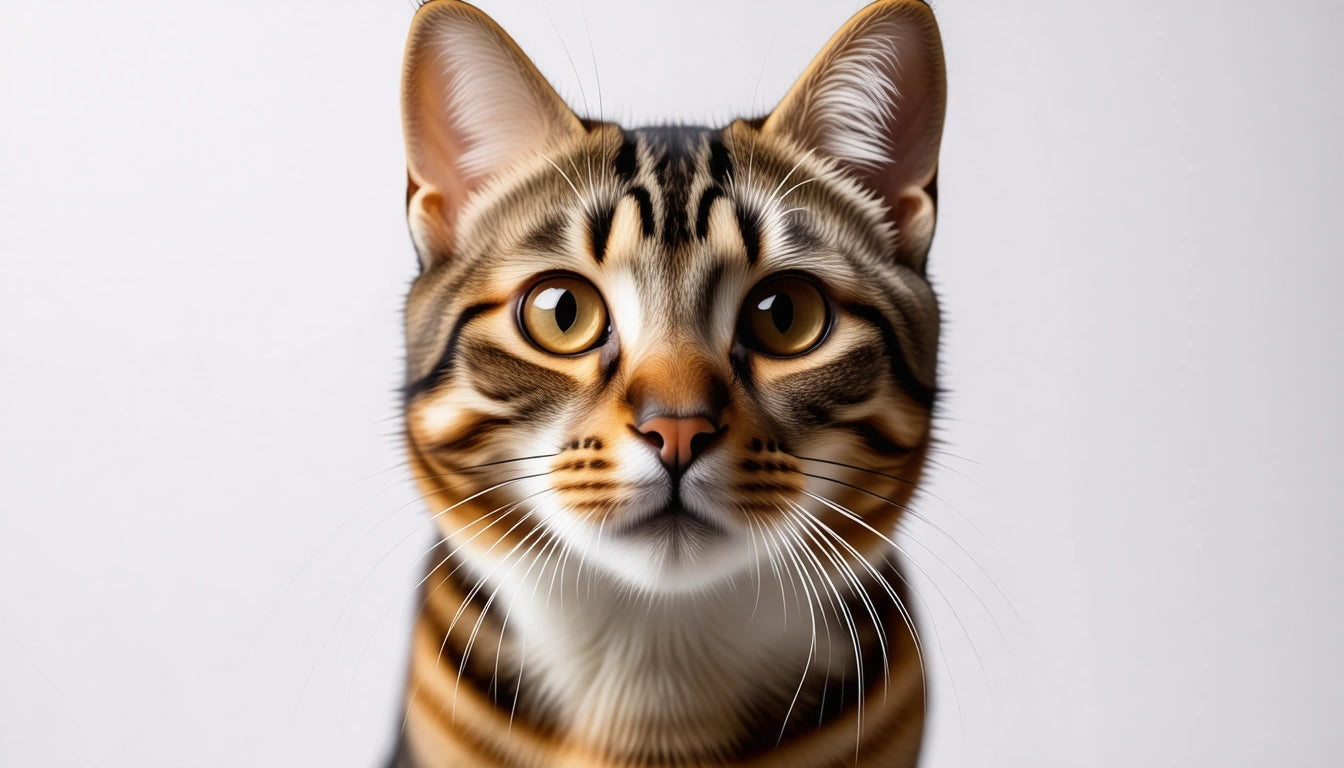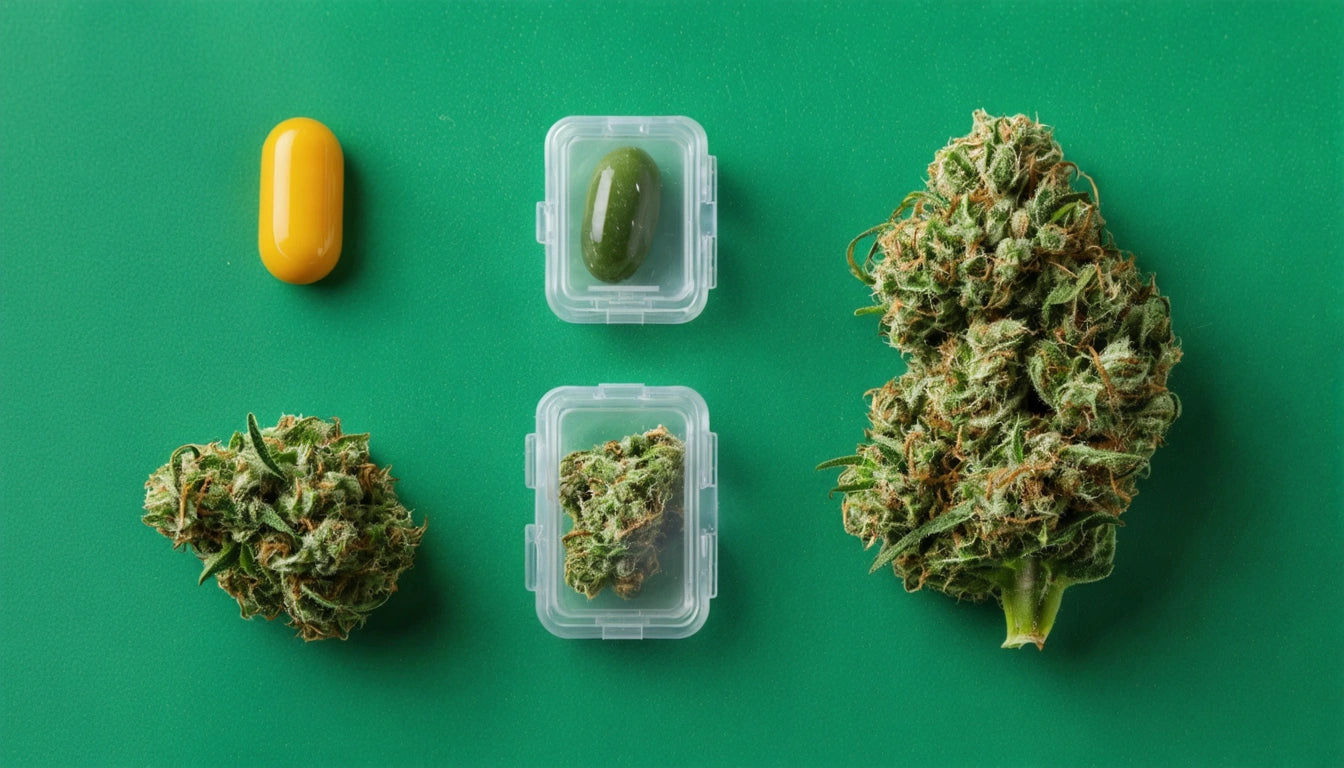Table of Contents
- Marijuana Effects on Felines: Understanding the Basics
- Secondhand Smoke Exposure: Can Cats Get High from Weed Smell?
- Symptoms of Marijuana Exposure in Cats
- Risks and Dangers of Marijuana Toxicity in Cats
- Keeping Cats Safe: Prevention and Storage Solutions
- What to Do If Your Cat Has Been Exposed to Marijuana
Can Cats Get High from Weed? Exploring the Effects of Marijuana on Felines
As cannabis becomes more mainstream, pet owners increasingly wonder about its effects on their furry companions. One common question is whether cats can get high from weed through various forms of exposure. The short answer is yes, cats can indeed experience psychoactive effects from cannabis, but unlike humans, these effects are rarely pleasant for felines and can pose serious health risks.
Marijuana Effects on Felines: Understanding the Basics
Cats have an endocannabinoid system similar to humans, but it functions differently. Their bodies process cannabinoids like THC more intensely, making them particularly sensitive to marijuana's effects. When a cat is exposed to cannabis, whether through direct ingestion, secondhand smoke, or environmental contact, their smaller body size and unique metabolism amplify the drug's impact.
According to research on how marijuana affects cats, felines lack the enzymes necessary to effectively metabolize THC, meaning the compound stays in their system longer and at higher concentrations than in humans. This metabolic difference explains why what might be a pleasant experience for people can be frightening and potentially dangerous for cats.
Secondhand Smoke Exposure: Can Cats Get High from Weed Smell?
Many cat owners wonder if their pets can get high simply from smelling weed or being in a room where cannabis is being consumed. The answer is nuanced:
- Can cats get high from smelling weed? Generally, just smelling the unburned flower is unlikely to cause intoxication.
- Can cats get high from weed smoke? Yes, secondhand cannabis smoke can definitely affect cats.
- Can cats get a contact high from weed? Absolutely, especially in poorly ventilated spaces.
A detailed analysis of secondhand smoke effects on cats confirms that the THC in cannabis smoke can enter a cat's bloodstream through their lungs and even absorb through mucous membranes. Their grooming habits further increase exposure, as they may lick residue that settles on their fur.
Symptoms of Marijuana Exposure in Cats
Physical Symptoms
When cats get high from marijuana exposure, they typically display several recognizable symptoms:
- Dilated pupils and glassy eyes
- Uncoordinated movement (ataxia)
- Increased or decreased heart rate
- Vomiting or drooling
- Urinary incontinence
- Tremors or seizures in severe cases
Behavioral Changes
Beyond physical symptoms, cats may exhibit behavioral changes when affected by cannabis:
- Lethargy or depression
- Heightened sensitivity to touch and sound
- Disorientation or confusion
- Agitation or anxiety
- Altered vocalization patterns
These symptoms can last significantly longer in cats than in humans, sometimes persisting for 24-72 hours depending on the exposure level.
Risks and Dangers of Marijuana Toxicity in Cats
While rare, severe cannabis toxicity in cats can lead to serious complications. In extreme cases, cats may experience respiratory depression, coma, or even death. Edibles pose a particular danger because they often contain additional toxic ingredients like chocolate or xylitol.
Studies on feline cannabis exposure indicate that smaller cats and kittens face greater risks due to their size. Additionally, cats with pre-existing health conditions, particularly cardiovascular or respiratory issues, may experience more severe reactions to marijuana exposure.
Keeping Cats Safe: Prevention and Storage Solutions
Responsible cannabis users who also have cats should take precautions to prevent accidental exposure:
- Store all cannabis products in secure, airtight containers
- Consider using proper storage solutions with humidity control to maintain product freshness while keeping pets safe
- Consume cannabis in well-ventilated areas away from pets
- Clean surfaces where cannabis was handled to remove residue
- Keep edibles locked away securely
- Dispose of roaches and ash properly
Creating a dedicated space for cannabis consumption that remains off-limits to pets can significantly reduce the risk of accidental exposure. Remember that cats are curious and can access many areas you might not expect, so extra caution is warranted.
What to Do If Your Cat Has Been Exposed to Marijuana
If you suspect your cat has been exposed to marijuana or is showing symptoms of intoxication, take these steps:
- Contact your veterinarian or an emergency animal hospital immediately
- Be honest about the potential exposure to ensure proper treatment
- Do not induce vomiting unless directed by a veterinarian
- Keep your cat calm and in a quiet, comfortable environment
- Monitor vital signs like breathing and responsiveness
- Provide water if the cat is conscious and able to drink
Veterinarians are primarily concerned with treating your pet, not reporting drug use. Being transparent about the possibility of cannabis exposure will help them provide the most effective care. Treatment typically involves supportive care, monitoring, and in some cases, medication to control symptoms.
While the effects of marijuana on cats can be concerning, most pets recover fully with prompt veterinary attention. The key is prevention through responsible storage and consumption practices. By understanding how cats can get high from weed smoke, smell, or ingestion, pet owners can take appropriate steps to protect their feline companions while enjoying cannabis safely.











Leave a comment
All comments are moderated before being published.
This site is protected by hCaptcha and the hCaptcha Privacy Policy and Terms of Service apply.